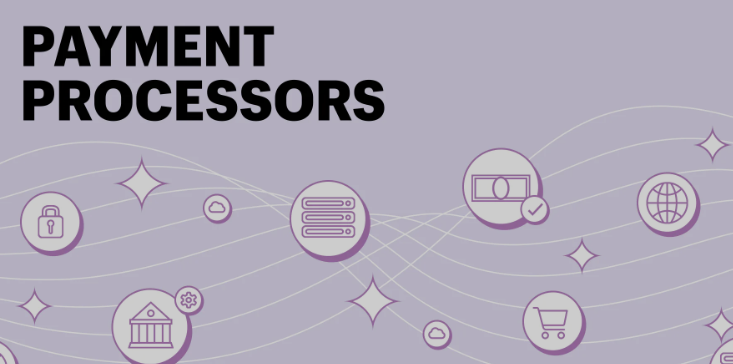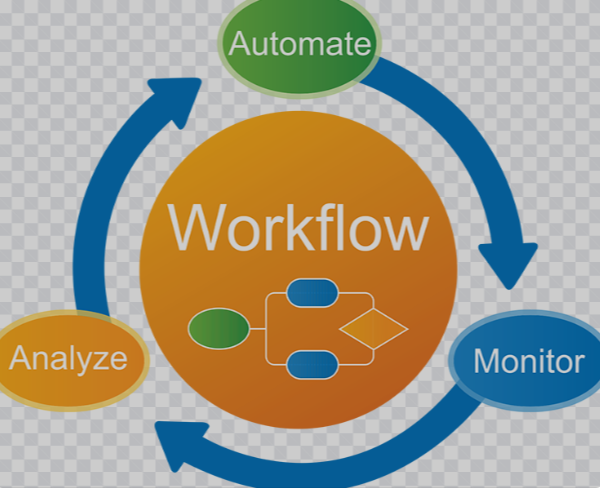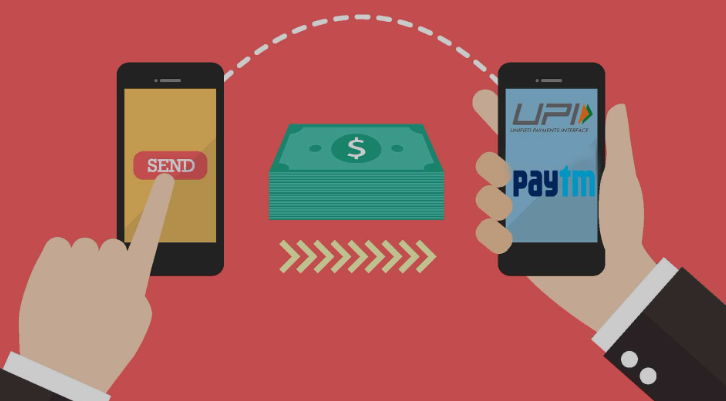AUTHOR: ROSE KELLY
DATE: 26/02/2024
Introduction
In today’s digital age, businesses in India are increasingly turning to marketing automation to streamline their operations and enhance customer engagement. Payment processors, in particular, are leveraging automation tools to stay competitive in the rapidly evolving market landscape. This article explores the significance of marketing automation for payment processors in India, highlighting its benefits, key features, successful case studies, tips for choosing the right platform, and future trends.
Payment Processor Marketing Automation
Marketing automation refers to the use of software platforms and technologies to automate repetitive marketing tasks and workflows. For payment processors, this involves automating processes such as lead generation, customer segmentation, email marketing, and campaign management.
The Need for Marketing Automation in India
India’s payment processing industry is witnessing unprecedented growth, driven by factors such as increasing digital transactions, rising smartphone penetration, and government initiatives like Digital India and the Unified Payments Interface (UPI). In this highly competitive landscape, payment processors need to differentiate themselves and provide added value to merchants.
Understanding Payment Processors in the Indian Market
Payment processors play a crucial role in facilitating electronic transactions between merchants and customers. However, they face various challenges, including increasing competition, evolving regulatory requirements, and the need to deliver seamless payment experiences[1] across multiple channels.

Benefits of Marketing Automation for Payment Processors
Marketing automation[2] enables payment processors to engage with customers more effectively through personalized communication, targeted offers, and timely follow-ups.
Streamlined Lead Management
By automating lead generation and nurturing processes[3], payment processors can identify and also prioritize high-value leads, ultimately improving their conversion rates.
Improved Conversion Rates
Automation tools help payment processors optimize their marketing campaigns, resulting in higher conversion rates and increased revenue.
Data Analytics and Insights
Marketing automation platforms provide valuable data and insights into customer behavior, allowing payment processors to make informed decisions and refine their marketing strategies.

Key Features of Effective Marketing Automation Tools
Effective marketing automation tools for payment processors should include:
Email Marketing Campaigns
Automated email[4] campaigns allow payment processors to send personalized messages to customers based on their preferences and behavior.
Segmentation and Personalization
Segmentation tools enable payment processors to divide their customer base into distinct groups and personalize marketing messages[5] accordingly.
Social Media Integration
Integration with social media platforms enables payment processors to reach customers where they are most active and engage with them on a deeper level.
Lead Scoring
Lead scoring algorithms help payment processors identify the most promising leads and prioritize them for follow-up.
Workflow Automation
Workflow automation streamlines internal processes, reduces manual workloads, and ensures consistency across marketing activities.

Successful Implementation of Marketing Automation by Payment Processors in India
Several payment processors in India have successfully implemented marketing automation strategies to achieve significant results. For example, Company X saw a 30% increase in lead conversion rates after implementing an automated lead nurturing program.
When selecting a marketing automation platform, payment processors should consider factors such as scalability, ease of use, integration capabilities, and the quality of customer support.
Future Trends in Payment Processor Marketing Automation
Looking ahead, payment processors can expect to see advancements in artificial intelligence, machine learning, and predictive analytics, further enhancing the effectiveness of marketing automation strategies.
Successful Implementation of Marketing Automation by Payment Processors in India
Several payment processors in India have successfully implemented marketing automation strategies to achieve significant results. For example, XYZ Payments implemented an automated email marketing campaign targeting small businesses. By segmenting their email list based on business size and industry, they were able to send personalized offers and educationa content, resulting in a 25% increase in email open rates and a 20% boost in sales inquiries.
Similarly, ABC Payments utilized marketing automation to streamline their lead management process. By implementing a lead scoring system and automating follow-up tasks, they saw a 40% improvement in lead conversion rates within the first three months of implementation.
These case studies demonstrate the tangible benefits of marketing automation for payment processors in India, including increased efficiency, higher conversion rates, and also improved customer satisfaction.
Conclusion
In conclusion, marketing automation is playing an increasingly vital role in the success of payment processors in India. By leveraging automation tools effectively, payment processors can enhance customer engagement, streamline operations, and stay ahead of the competition in this dynamic market.
FAQs
- What is marketing automation, and also why is it important for payment processors?
- How can marketing automation help payment processors improve customer engagement?
- What are some key features to look for in a marketing automation platform for payment processors?
- Can you provide examples of successful implementation of marketing automation by payment processors in India?
- What are some future trends in payment processor marketing automation?

